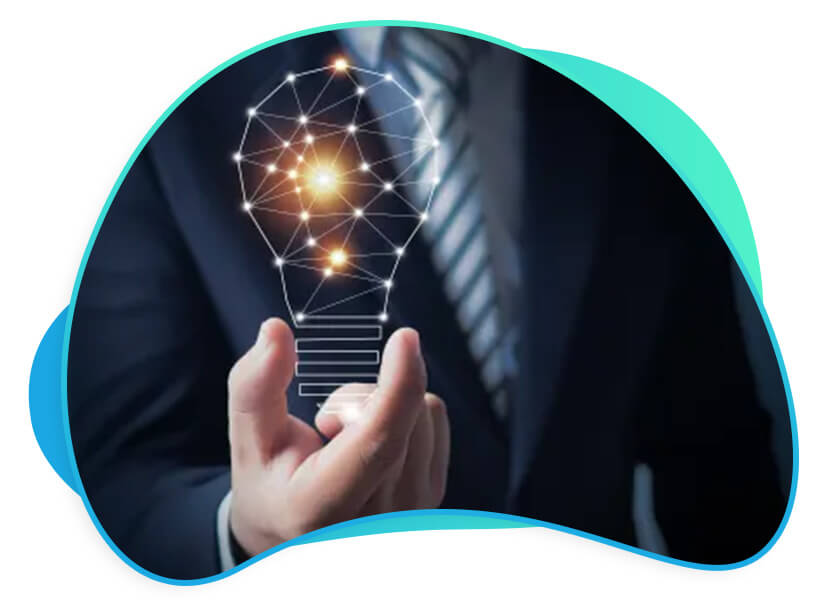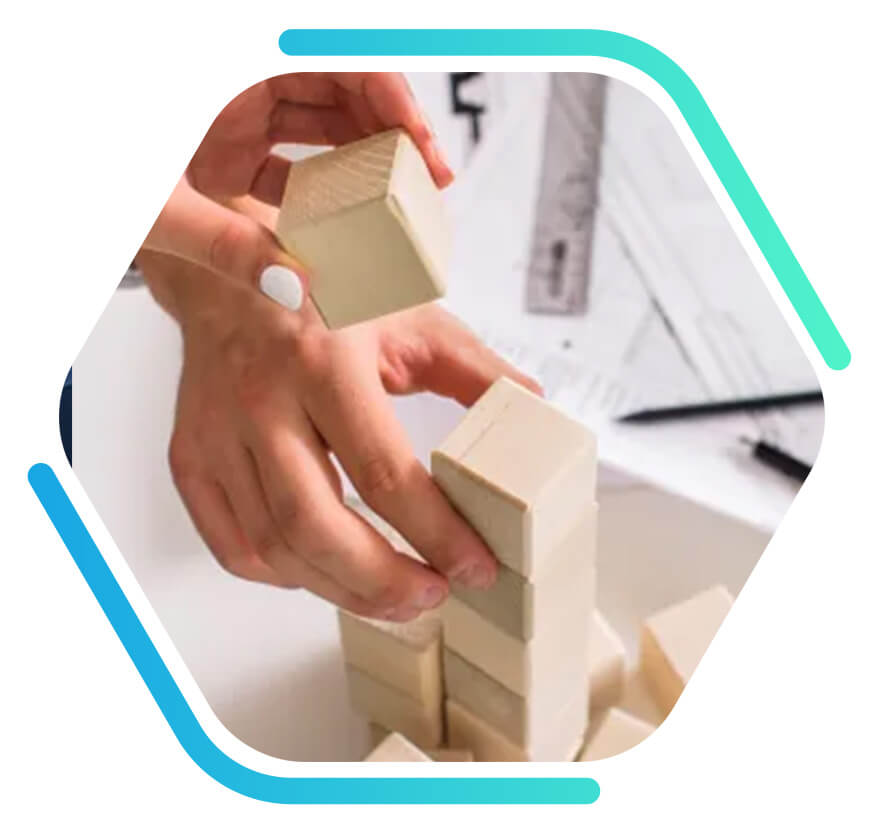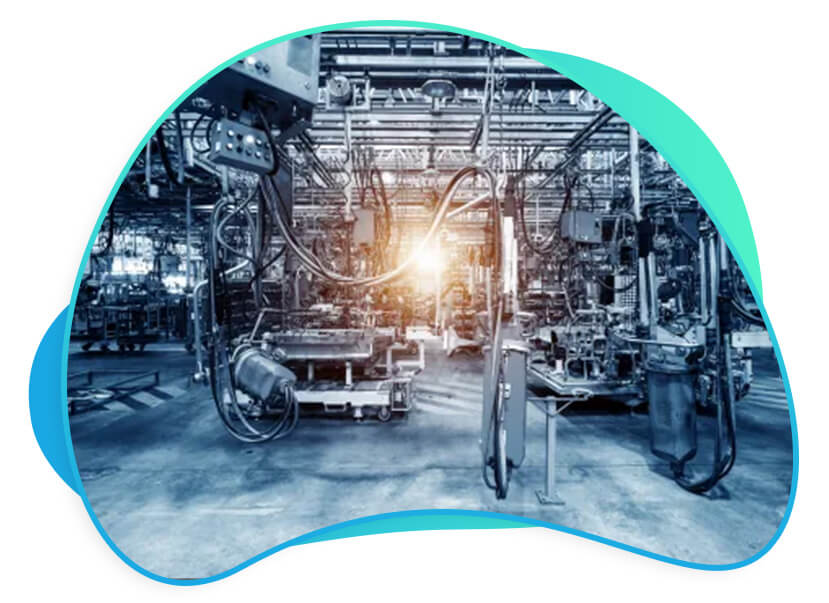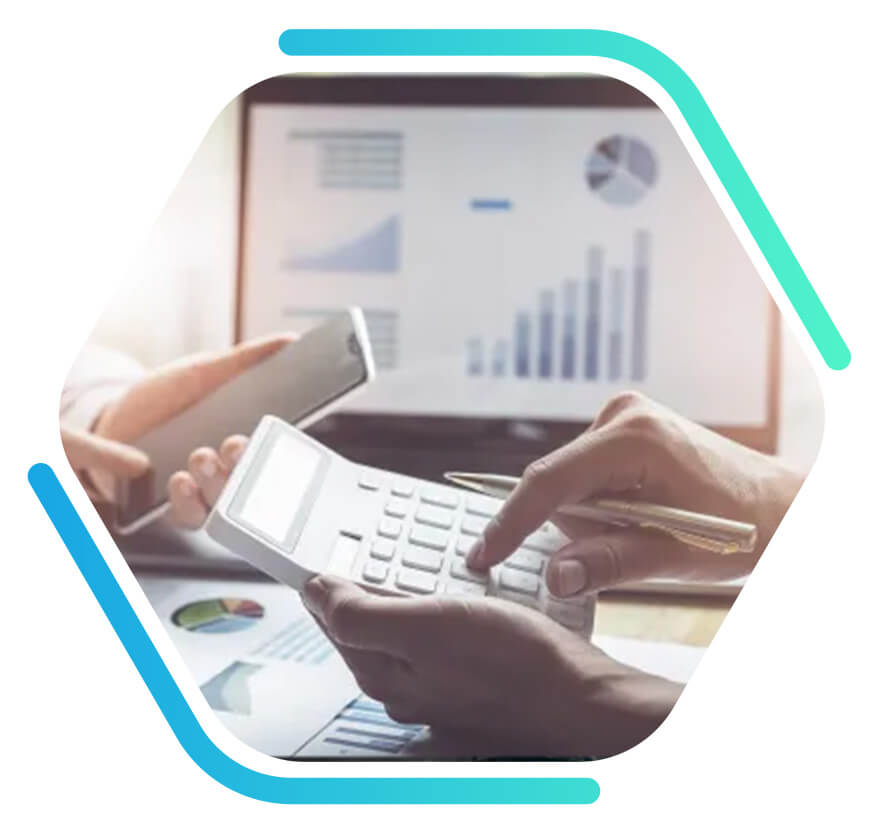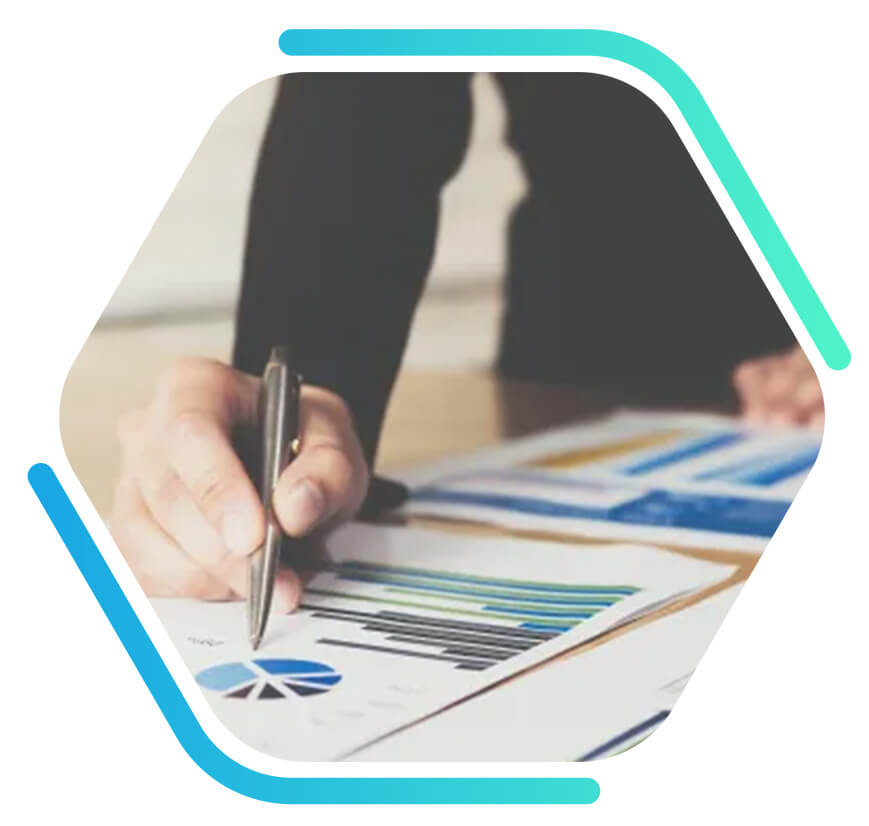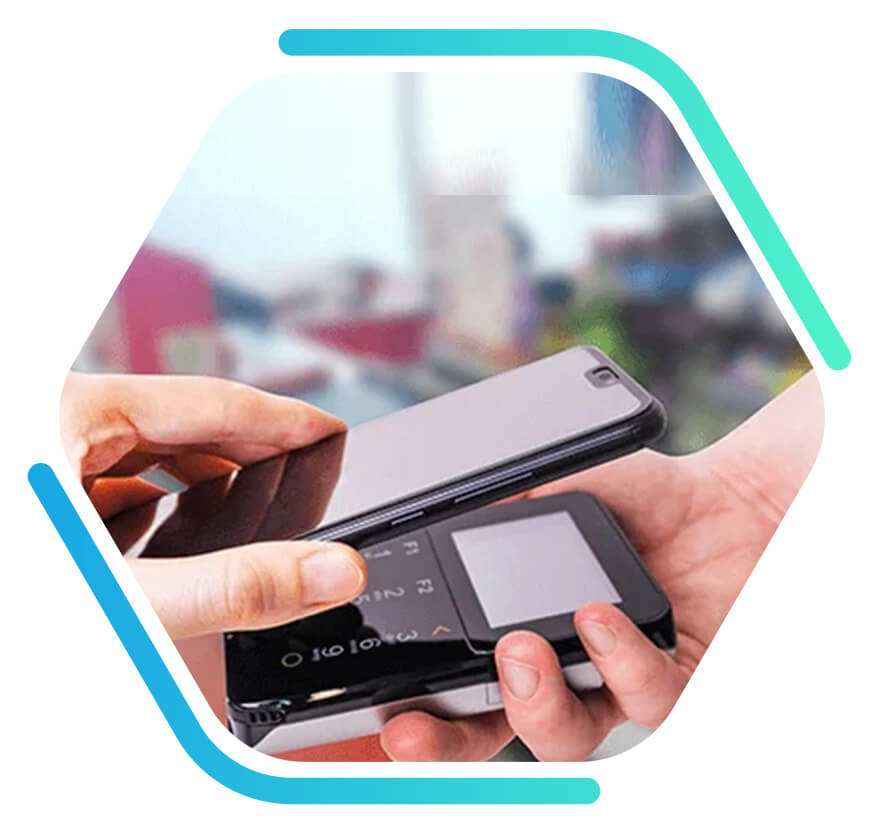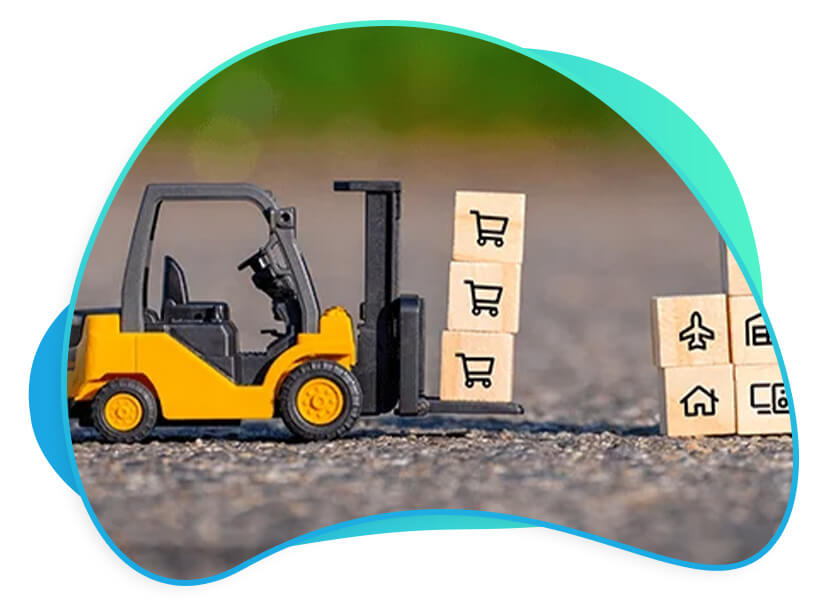



The right tools would simplify your business processes, unlock new levels of performance and provide the ultimate experience for exponential growth. We offer integrable ERP modules for you to achieve better, faster and simpler processes. Choose precisely what you require, to identify and set up new standards for operational excellence.
ERP with the business intelligence module empowers you with access to accurate information needed to make quicker and informed decision making. The inclusion of Business Intelligence in ERP software enhances its capability to improve the business analytics, present actionable information through reports and eliminate loss-causing presumptions.
ERP with the contract management module helps you automate the process of monitoring the start and end dates of each agreement. The contract module allows you to set predefined rules based on which the tool triggers notifications for renewal, termination, increment or decrement of policies.
The CRM module offers a systematic way of recording customer transactions, lead to sales conversion processes and marketing campaigns along with their outcomes. Use this CRM application module to generate reports based on the stored data to improve customer relationship management, sales prediction and marketing initiatives.
The Equipment servicing management module leverages technology to forecast and create plans for preventive maintenance. Integrated within in the ERP, this maintenance module utilizes all relevant data from the past that are stored in the system, to predict the future requirements and frame strategies aligned to it.
The financial accounting module in ERP collects accounting data to generate advanced analytical reports. The inclusion of this financial management module in the ERP system makes it a perfect accounting software that can automate and streamline the entire financial management process of your organization.
The HR module in ERP collects and stores all employee information, including recruitments, performance reviews, training, attendance, payroll, and exit interviews. Integrated HR software functions to provide you with predictive insights on employee behavior, which can be utilized to improve their productivity.
The manufacturing module analyses multiple operations such as requirements, balances, recommendations and inventory to execute the material requirement plans. The manufacturing ERP module also expedites the capacity planning process to keep your plant running smoothly and deliver orders on time.
The project management module integrated in the ERP tracks spending, resource allocations and revenue generation for each project over a period. With this project management module, the information captured can be presented as readable reports whose elements are analyzed to provide quick and accurate project costs.
The warehouse management module in the ERP streamlines market demand planning and purchase requirements to automate stock replenishment. Furthermore, the warehouse management module uses automation technology to increase the speed of order fulfillment processes in the logistics system and achieve higher margins while keeping the operational costs low.
The trading and distribution module in ERP integrates functions for placing and scheduling orders, shipping products, creating delivery notes and generating invoices to improve employee responsiveness. This management tool takes the responsibility to efficiently manage the trading and distribution processes to ensure greater profits.
The inventory management module helps you keep track of goods throughout the entire supply chain, starting from purchasing to production and sales to delivery. The inclusion of the inventory module in ERP software identifies the requirement of the goods and eliminates issues related to excess or insufficient stock.
The retail POS module offers a user-friendly interface and supports fast billing features. The retail point of sale module automates data synchronization and provides a quick and easy approach to billing. The POS module in ERP also includes stock management features to empower retailers to gain greater visibility and control into the stock availability.
The fixed assets management module in ERP software helps you track and maintain fixed assets to ensure maximum productivity. The fixed assets management module allows you to define asset depreciation, monitor the usage, and conduct on-time maintenance to enhance fixed asset reliability and predict equipment failure in advance.
The quality control module in ERP software includes features that offer you a comprehensive solution to ensure that manufactured goods match the specified quality standards, cost-effectively while streamlining business operations. The quality control management module also keeps track of different stages of the production process with enhanced visibility to ensure quality standards are met at every stage.
The supply chain management module in ERP system establishes real-time collaboration across different departments, suppliers, and customers. Leveraging advanced technology, this supply chain management module helps you gain complete business insights to unlock end-to-end visibility and control needed for forecasting and creating unbeatable supply chain strategies.
Every business involves various processes and sub-processes. A modular ERP software allows you to deploy the particular module you need, without having to pay for the extra ones. The benefits of modular ERP include:
Reduces the complexities of customizing the entire ERP suite.
Lesser modules are easy to deploy and have lower chances of implementation failure.
Affordable option as it allows you to implement selected modules.
Being modular means that businesses can choose specific modules of the system they need, such as finance, HR, CRM, or inventory, and later add more modules as the business grows or as requirements change.
Modularity provides flexibility, allowing businesses to invest only in the features and functionalities they need. It also enables gradual scaling, making it easier to add new modules without overhauling the entire system.
Yes, Focus recommends that implementing these solutions could allow clear implementation goals at all product ends of ERP and Focus CRM. However, if the client's needs are particular, they can be implemented in phases, allowing businesses to prioritize the most critical modules and add additional ones over time based on their evolving needs.
The timeline for implementing modular solutions depends on the size of the business, readiness of the requirements, and resources available to the customers. Small businesses may require a few weeks, while larger enterprises with multiple modules may take several months.
